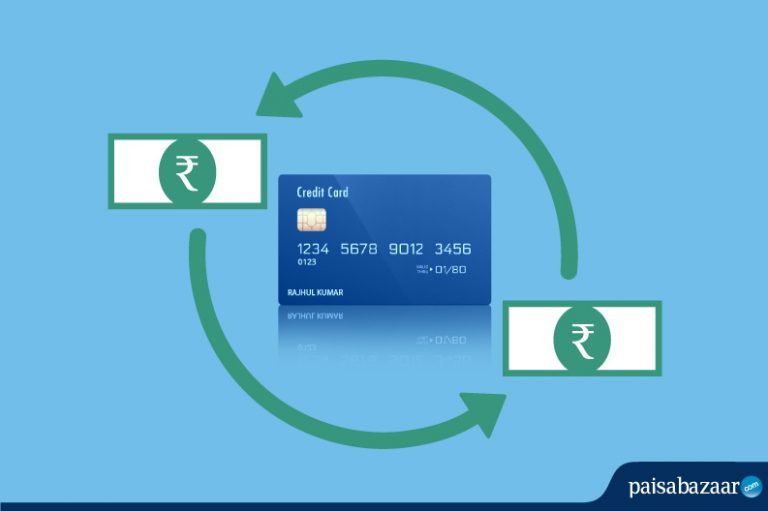Paisabazaar app Today!
Get instant access to loans, credit cards, and financial tools — all in one place
Our Advisors are available 7 days a week, 9:30 am - 6:30 pm to assist you with the best offers or help resolve any queries.
 Get the App
Get the App

Get instant access to loans, credit cards, and financial tools — all in one place

Scan to download on


If you have been using a credit card or even doing your research for getting a card, you would have come across the term ‘Revolving Credit’. Credit card is a type of revolving credit account, as opposed to installment credit accounts like personal loans and car loans.
In case of installment accounts, you borrow a particular sum from the bank or NBFC only one time and pay it back in fixed installments over a fixed period of time. On the other hand, a revolving credit account, like a credit card, allows you to borrow money again and again, subject to your maximum credit limit.
Let us understand how revolving credit works on your credit card.
Suppose you have a total credit limit of Rs. 1 Lakh and you purchase a product worth Rs. 15,000 on this card. Now, you still have Rs. 85,000 to spend. Once your bill is generated for the given period, you will have to pay Rs. 15,000 in full. Once you pay Rs. 15,000, you will again have access to the full Rs. 1 Lakh limit on your card. The card issuer also gives you the option of paying a ‘minimum amount’ and carrying forward or ‘revolving’ the balance to the next billing cycle. This way you can use the rest of the limit available to you, without making the full payment.
You can continue using the available limit by paying the minimum amount due. As you keep making payments, it keeps adding to your available limit giving you more purchasing power on the card. However, when you don’t pay your credit card balances in full, the unpaid amount attracts interest charges (also known as charges on revolving credit). Let us talk about how credit card interest rates affect your finances and why it is not a good idea to revolve your credit card balances to the next billing cycle.
Related Read: Why You Must Always Pay Your Credit Card Balance in Full?
Revolving or carrying forward the balance on your credit card attracts interest on the outstanding amount. Also, when you have unpaid balance on the card, new purchases are not eligible for the free-credit period which means that they will attract interest from the first day. Since credit card interest rates can go as high as 3.5% per month, even a small unpaid balance can easily turn into a debt spiral.
Also, the interest charges are compounded daily on credit cards, thus making it even worse. At the end of every day, the interest will be calculated on the amount that stands outstanding in your credit card account. For calculating the interest for the next day, the interest charged previously will also be added to the outstanding balance and it goes on like this.
Though, initially, the amount would be small, it has the potential of growing significantly if you don’t pay on time, thus pushing you into debt.
If your credit card dues are getting out of hand and you cannot manage to pay the total dues upfront, making minimum payment every month only worsens the situation. On top of this, if you continue using your card for new purchases, it sets off the debt spiral. Some ways to deal with credit card debt are:
This process is especially helpful if only one of your credit cards is overdue. Almost all major card issuers give the facility of balance transfer wherein you can transfer the overdue balance of one credit card to another and pay off in installments over a period of a few months. The rate of interest on credit card balance transfer is much lower than the finance charges you would be paying on your card. It typically ranges from 8% to 12% p.a. You can also avail 0% interest for a limited period, say 6 months, after which general rate of interest will be applicable.
You can also apply for a new credit card to avail the balance transfer facility. However, once you transfer the balance, use the available limit responsibly. Disciplined usage is the key to getting out of credit card debt.
Click here to read more about credit card balance transfer
If balance transfer is not an option, a personal loan is possibly the next best way out of this situation, mainly because-
Personal loan is especially helpful if you have overdue balances on multiple credit cards as you can pay off all the dues at once. With a personal loan, you are consolidating multiple credit card debts and saving on the high finance charges you are paying on multiple cards.
*T&C Apply